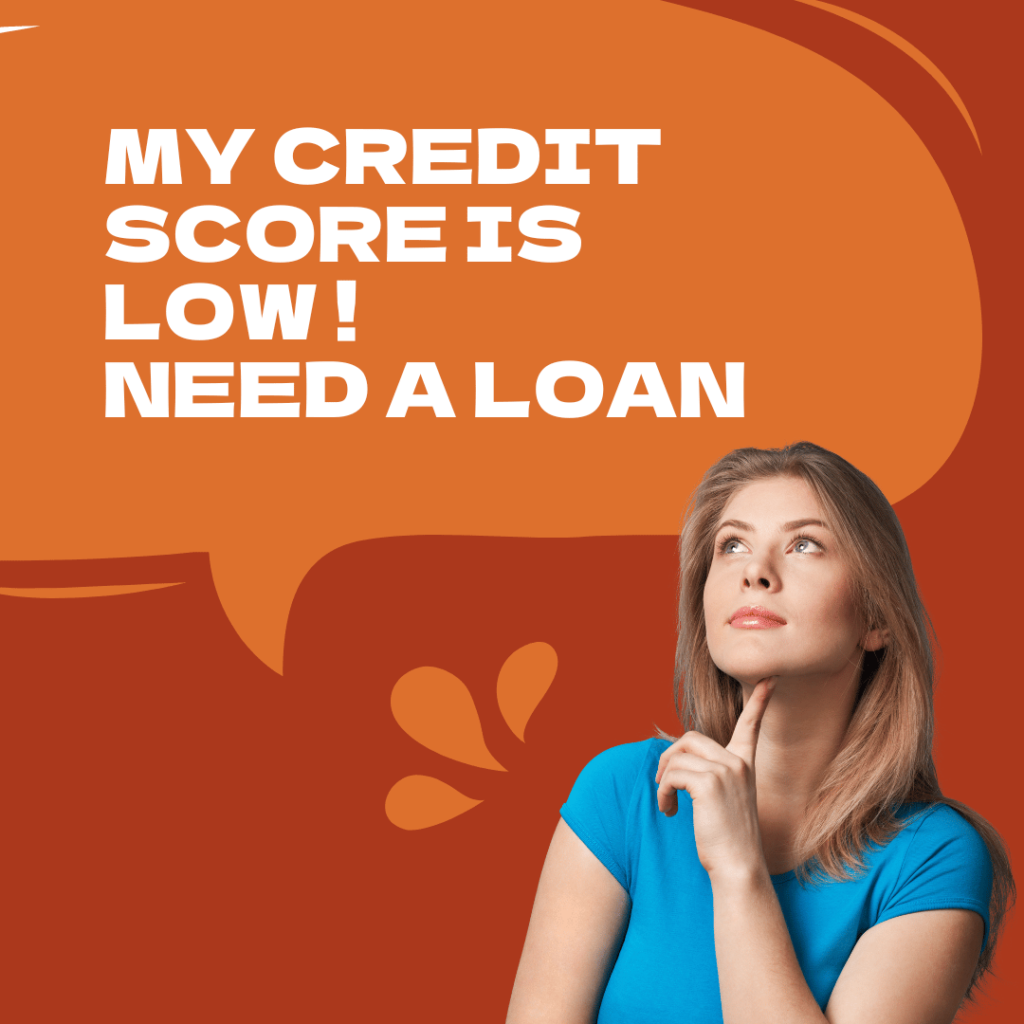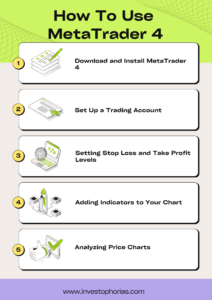
When facing financial hardship with poor credit, exploring loan options is crucial. Secured vs Unsecured Loans are two primary choices for borrowers with bad credit. But which should you choose? Knowing the pros and cons of Secured vs Unsecured Loans helps you decide. Understanding the distinctions between Secured vs Unsecured Loans is essential for making the right financial decision.

Secured vs Unsecured Loans: What are Secured and Unsecured Loans?
To begin with, it’s crucial to define what secured and unsecured loans are.
Unsecured Loans: In contrast, unsecured loans don’t require any collateral. Approval is typically based on your creditworthiness and ability to repay. For individuals with bad credit, unsecured loans are harder to qualify for. These loans often come with higher interest rates. This is due to the increased risk for the lender. Always consider your financial situation before applying for unsecured loans.
Now that the basic definitions are clear, let’s explore which type of loan is best for you. This is important, especially if you’re struggling with a low credit score. Understanding your specific financial issues can help guide your decision. Choosing the right loan type can make a significant difference.
Secured vs Unsecured Loans – Why Consider Secured Loans for Bad Credit?
One significant advantage of secured bad credit loans is better approval chances. This applies even to those with very low credit scores. These loans often come from direct lenders willing to accept risks. Lenders have collateral to fall back on if needed. Whether you seek a bad credit loan with no credit check or a traditional loan, collateral helps.
Higher Loan Amounts: Secured loans allow you to borrow more than unsecured loans. This is because the loan is backed by an asset. The collateral provides lenders with added security. As a result, you may qualify for larger loan amounts. This is particularly helpful if you need a larger sum for debt consolidation, medical emergencies, or other significant expenses.
Lower Interest Rates: Secured loans usually have lower interest rates. This is because collateral reduces the lender’s risk. If you’re consolidating debts through a bad credit EBT consolidation loan, consider a secured option. It can help you save on interest payments over time.
Flexibility in Credit Requirements: Secured loans offer flexibility in credit requirements. Lenders may approve borrowers with low credit scores more easily. Even with a 400 or 500 credit score, you might qualify for a secured loan. The value of the asset backing the loan can influence approval chances significantly.
Potential for Credit Improvement: If you make timely payments on your secured loan, it can positively impact your credit score over time. This is especially crucial if you’re planning to rebuild your financial reputation.
However, keep in mind that with secured loans, the biggest risk is losing your collateral. If you default on the loan, the lender has the right to seize your asset to recover their money. Therefore, only opt for a secured loan if you are confident in your ability to make timely repayments.
Why Choose Unsecured Loans for Bad Credit?
Unsecured loans are more common for smaller amounts, and they don’t require you to put up any assets as collateral. For people who don’t own property or valuable items, unsecured bad credit loans from a direct lender can be a viable solution. But are they the right choice for you?
No Risk of Losing Assets: The primary advantage of unsecured loans is that you won’t risk losing your home, car, or other assets if you default. If your financial situation worsens, you won’t have to worry about repossession.
Faster Approval Process: Unsecured loans tend to have a faster approval process compared to secured loans, as there’s no need for the lender to evaluate the value of collateral. If you need money quickly for an emergency, an unsecured loan might be the better option.

Can You Get a Loan with a 400 or 500 Credit Score?
While it’s more challenging to get an unsecured loan with such low scores, it’s not impossible. Some lenders specialize in hardship loans and bad credit loans with no credit checks. However, these loans usually have higher interest rates. They also come with stricter terms that borrowers should consider. Always review the conditions before applying for these loans. You may also want to consider using a cosigner to improve your chances of approval.
Cosigned Loans: If you have poor credit, consider applying for a bad credit loan with a cosigner. A cosigner with better credit can help secure lower interest rates and larger loan amounts. This option doesn’t require collateral, making it easier for approval. For those wondering, “What type of loan is the easiest to get with bad credit?” consider a cosigned loan. A cosigned loan provides lenders with extra assurance for approval. This option can improve your chances of securing financing despite bad credit.
On the downside, unsecured loans tend to have higher interest rates than secured loans, particularly for borrowers with bad credit. Additionally, the loan amounts you can qualify for are usually smaller, which might not be sufficient for larger financial needs, such as debt consolidation or major expenses.
Key Factors to Consider in Secured vs Unsecured Loans
Loan Amount: If you need a larger sum of money, a secured loan may be the better option, especially if you’re consolidating existing debts. Unsecured loans may not provide enough to cover larger financial commitments.
Interest Rates: Secured loans typically offer lower interest rates, making them a more affordable long-term option. However, if you’re confident you can repay quickly, the higher interest rates of an unsecured loan might not be as big of an issue.
Your Assets: Do you have property or valuable assets you can use as collateral? If not, an unsecured loan might be your only option unless you can find a cosigner.
Urgency: If you need money immediately, unsecured loans generally have a quicker approval process. Secured loans, especially those requiring home equity, can take longer to process due to the need for asset evaluation.
Credit Impact: Making timely payments on secured or unsecured loans helps improve your credit score. Secured loans are easier to qualify for with a low credit score. They offer higher chances of approval and credit improvement opportunities.
Secured vs Unsecured Loans – Which Loan is Right for You?
Both secured and unsecured loans offer viable solutions for individuals with bad credit, but which one is right for you depends on your unique situation.
If you have valuable assets and want lower interest rates or need a larger loan amount, a secured loan may be the better choice. Keep in mind the risk of losing your collateral if you can’t repay.
If you don’t have assets or want to avoid risking your property, an unsecured loan or a bad credit loan with a cosigner may be more suitable. The trade-off here is higher interest rates and possibly smaller loan amounts.
Ultimately, the choice comes down to your financial needs, assets, and ability to repay. Make sure to compare loan offers from different lenders and consider how each loan option aligns with your financial goals.
By carefully considering the pros and cons of both secured and unsecured loans, you can make the best decision to meet your financial needs, even with bad credit.


